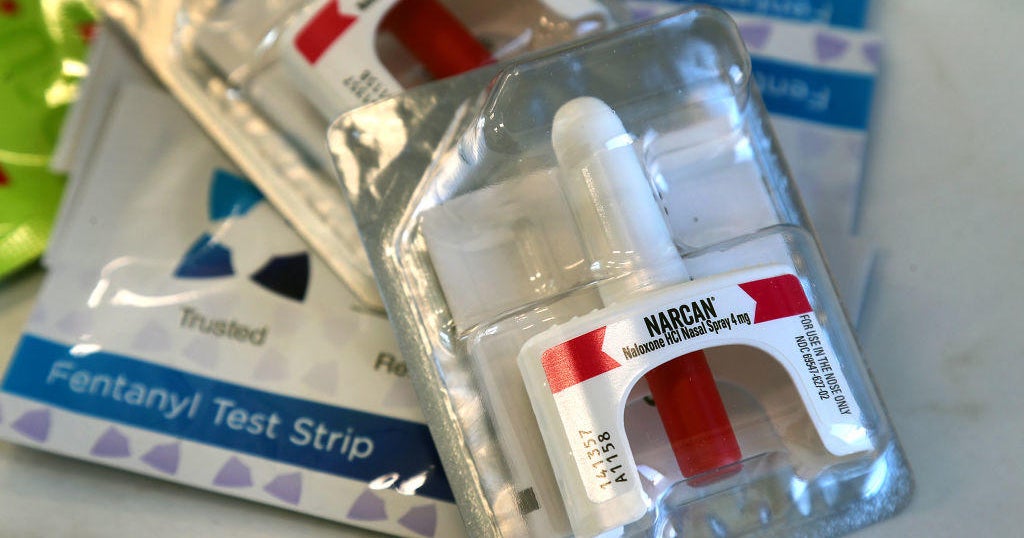Inactive fragments of the avian flu virus have found their way into part of the U.S. food and dairy supply amid the latest outbreak of the disease in animals. It comes as the virus, also known as avian flu, continues to spread among increasing numbers of mammals, particularly dairy cattle. While these reports may seem scary, experts say these fragments are not dangerous and it is unlikely that dangerous versions of the virus will end up in everything people eat or drink.
Here’s what you need to know about bird flu and the safety testing of dairy, meat and more.
What’s going on with the milk?
Tests conducted by the U.S. Food and Drug Administration (FDA) detected the genetic material, or RNA, of avian flu in about 20 percent of commercially sold milk samples collected across the country. Separate tests Researchers at Ohio State University (OSU) and St. Jude’s Children’s Research Hospital found avian flu RNA fragments in about 39% of 150 samples tested on a smaller number of milk cartons on the shelves grocery stores.
“This clearly suggests to me that it is more widespread than we had given it credit for, but in some ways it is not entirely unexpected,” Dr Andrew Bowmanassociate professor of epidemiology and veterinary medicine at OSU and co-author of the smaller milk study, told Yahoo Life.
But the good news is that, along with the FDA tests, those conducted by Bowman and his co-author, Richard Webby, professor of infectious diseases at St. Jude’s, found no samples containing whole or viable avian flu virus. Small portions of the virus are not capable of causing infection. Instead, Webby compares milk testing to on-screen detectives doing DNA testing at a crime scene: “They’re not necessarily looking for the virus itself, just proof that it’s been there at a time.” given time,” Webby, who leads the World Health Organization (WHO) initiative to study influenza in birds and animals, explains Yahoo Life.
Samples of commercially sold milk containing virus fragments have been tested further to see if these virus fragments can also grow in eggs or petri dishes, and so far, none of them could not do it. “If there was a whole virus in a sample, it would replicate and we would find it, but we couldn’t find any,” Webby said. The FDA came to the same conclusion after conducting the same types of tests.
All of this proves that pasteurization – the process used to sterilize milk – inactivates avian flu because it “breaks the viral packaging,” says Webby. Pasteurization is designed to kill all kinds of viruses and bacteria and make milk safer. Unpasteurized, or raw milk represents less than 1% of the American supply and is banned in 23 states and the District of Columbia. The FDA recommends against drinking it because it can lead to food poisoning.
With regular grocery store milk, there’s very little reason to worry at this point, according to Webby and Bowman.

